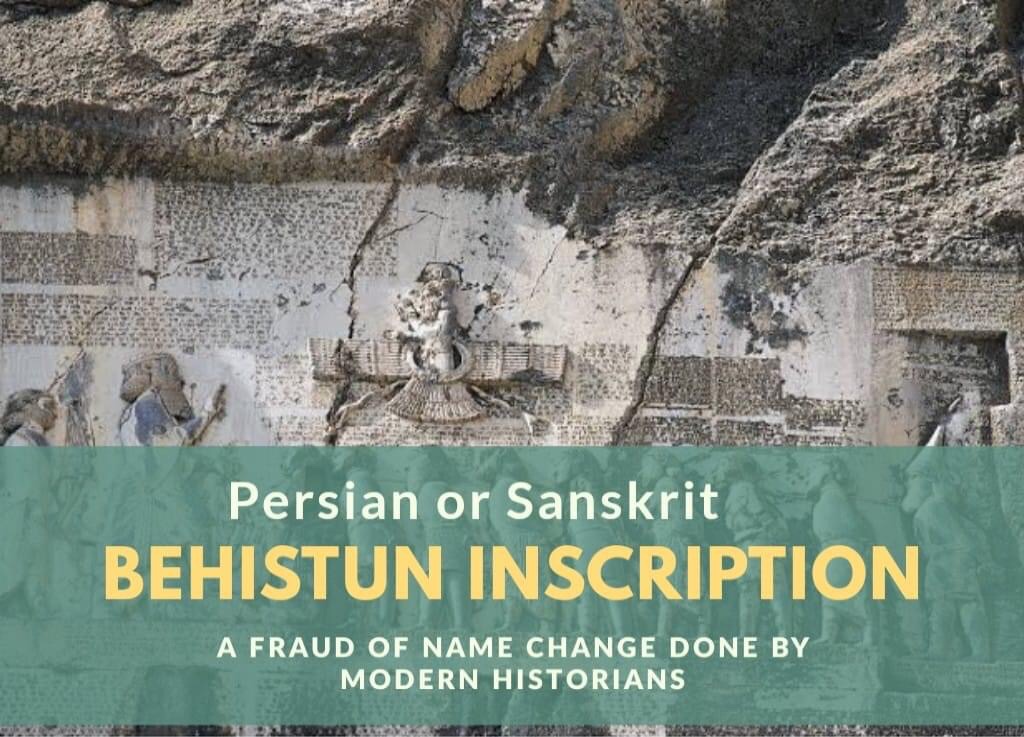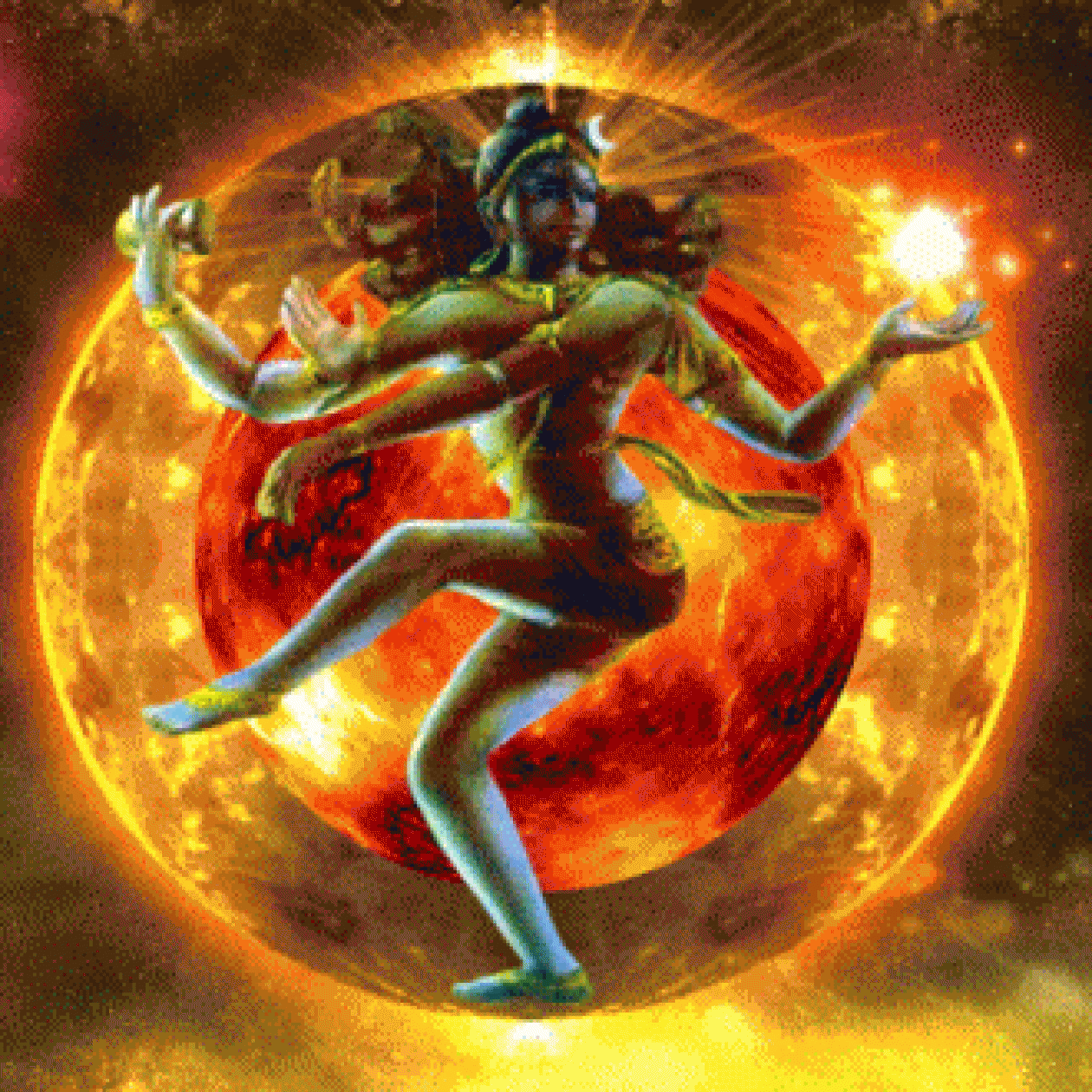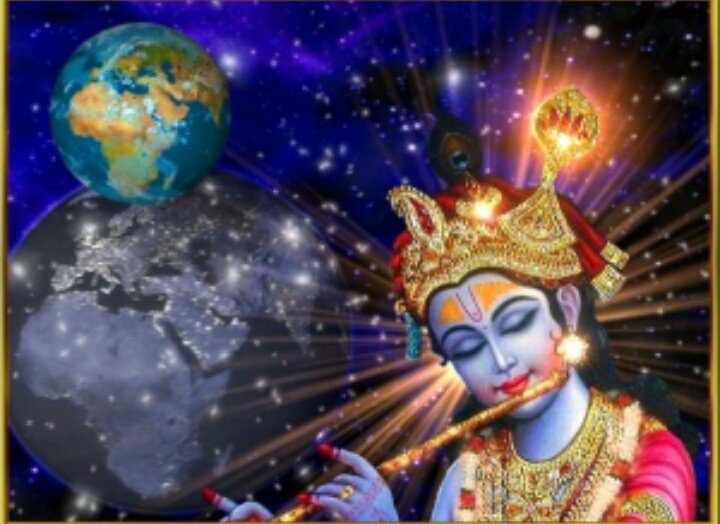BEHISTUN DARAYAVUS PERSIAN INSCRIPTION: A FRAUD OF NAME CHANGE BY MODERN HISTORIAN

BEHISTUN DARAYAVUS PERSIAN INSCRIPTION: A FRAUD OF NAME CHANGE BY MODERN HISTORIAN
Darayavus became #Darius
Kambujiya became Cambyses
Kuraus became Cyrus
Bardiya became Smerdis
Parsaiy became Persia
Zarathustra became Zoroaster
Maagum became Magian
Vidafarna became Intaphrenes (s/o Vyaspara)
Utana became Otanes (S/o Thukra)
Gaubaruya became Gobryas (S/o Marduniya)
Marduniya became Mardonis
Vidarna became Hydarnes
Bagabusa became Megabyzus
Saka became Synthians
Babirus became Babylonia
Mudraya became Egypt
Parthav became Parthia
Yauna became Greeks
Hakshamani / Harshamani became Archemid
…..many more
Behistun inscription gives original name of many kings starting from Darayavus. DARIUS original name as per his own inscription is Darayavus which modern historians corrupted to Darius to delink from the original civilization. According to University of Texas, at sometime between 2500-2000 BC a group of Indian origin people migrated to Iran from Europe and Russia. By 1500 BC the migrated Indian tribes developed Indo-Iranian tradition, religion and culture very much influenced by Indian gods, culture and tradition and language of sanskrit
HERE IS THE INSCRIPTION & ITS TENTATIVE TRANSLATION DONE BY RESERACHERS: READ CAREFULLY AND SEE IF YOU FIND HINDI/SANSKRIT (FURTHER CORRECTION ARE INVITED BY SANSKRIT EXPERTS)
COLUMN 1
[1] Aham : Daravayus :kshayathiya : vajraka : kshayata : kshayatiya : ahâm : xšâyathiya : Pârsaiy : xšâyathiya : dahyûnâm : Vištâspahyâ : puça : Aršâmahyâ napâ : Hakshâmanišiya
Translation: I am Daravayus (Darius), the great king of Persaiy (Persia), the king of countries, the son of Vistaspa (Hystaspes), the grandson of Arsamahya (Arsames), an Hakshamanisiya (an Achaemenid).
[2] : thâtiy : Dârayavauš : xšâyathiya : manâ : pitâ : Vištâspa : Vištâspahyâ : pitâ : Arš âma : Aršâmahyâ : pitâ : Ariyâramna : Ariyâramnahyâ : pitâ: Cišpiš : Cišpâiš : pitâ : Hakshâmaniš
King Daravayus (Darius) says: My father was Vistaspa (Hystaspes); the father of Vistapahya was Arsama (Arsames), the father of Arsama was Ariyaramna (Ariaramnes); the father of Ariyaramna was Sispis (Teispes); the father of Sispis was Hakshamani (Achaemenes).
[3] : thâtiy : Dârayavauš : xšâthiya : avahyarâdiy : vayam : Haxâmanišiyâ : thahyâmahy : hacâ : paruviyata : âmâtâ : amahy hakâ : paruviyata :hyâ amâxam : taumâ : xšâyathiyâ : âha :
Daravayu (Darius) the King says: For this reason we are called Hakshamanis (Achaemenians). From long ago we have been noble. From long ago our family had been kings.
[4] thâtiy : Dârayavauš : xšâyathiya : VIII : manâ : taumâyâ : tyaiy : paruvam : xšâyathiyâ : âha : aham navama : IX : duvitâparanam : vavam : xšâyathiyâ : amahy :
Daravayu (Darius) the King says: there were 8 of our family who were kings before me; I am the ninth; 9 in succession we have been kings.
[5] thâtiy : Dârayavauš : xšâyathiya : vašnâ : Auramazd âha : aham : xšâyathiya : amiy : Auzamazdâ : xšaçam : manâ : frâbara :
Daravayu (Darius) the King says: By the favor of Auramazda, I am King; Auramazda bestowed the kingdom upon me.
[6] thâtiy : Dârayavauš : xšâyathiya : imâ : dahyâva : tyâ : manâ : patiyâiša : vašnâ : Auramazdâha : ahamšâm : xšâyathiya : âham : Pârsa : Ûvja : Bâbiruš : Athurâ : Arabâya : Mudrâya : tyaiy : drayahyâ : Sparda : Yauna : Mâda : Armina : Katpatuka : Parthava : Zraka : Haraiva : Uvârazmîy : Bâxtriš : Suguda : Gadâra : Saka : Thataguš : Harauvatiš : Maka : fraharavam : dahyâva : XXIII :
These are the countries that came to me; by the favor of Auramazda, I was king of them: Parsa (Persia), Uvja(Elam), Babirus (Babylonia), Athura (Assyria), Arabaya (Arabia), Mudraya (Egypt), (those) who are beside the sea are Sparda (Lydia), Yauna (Greece), Mada, Armina (Armenia), Katpatuka (Cappadocia), Parthava (Parthia), Ionia, Zraka (Drangiana), Haraiva (Aria), Uvarazmaya (Chorasmia), Baxtrix, Sugudha (Sogdiana), Gandhara, Saka (Scythia), Thatagus (Sattagydia), Harauvati (Arachosia), Makka; in all 23 provinces.
[7] thâtiy : Dâra thâtiy : Dârayavauš : xšâyathiya : imâ : dahyâva : tyâ : manâ : patiyâita : vašnâ : Auramazdâha : manâ : badakâ : âhatâ : manâ : bâjim : abaratâ : tyašâm : hacâma: athahya : xšapava : raucapativâ : ava : akunavayatâ
Darayavus (Darius) the King says: These are the countries which came to me; by the favor of Auramazda they were my subjects; they bore tribute to me; what was said to them by me either by night or by day, that was done.
[8] thâtiy : Dârayavauš : xšâyathiya : atar : imâ : dahyâva : martiya : hya : âgariya : âha : avam : ubartam : abaram : hya : arika : âha : avam : ufrastam : aparsam : vašnâ : Auramazdâha : imâ : dahyâva : tyanâ : manâ : dâtâ : apariyâya : yathâšâm : hacâma : athahya : avathâ : akunavayatâ :
Darayavus (Darius) the King says: Within these countries, the man who was loyal, him I rewarded well; (him) who was evil, him I punished well; by the favor of Auramazda these countries showed respect toward my law; as was said to them by me, thus was it done.
[9] thâtiy : Dârayavauš : xšâyathiya : Auramazdâmaiy : ima xšaçam : frâbara : Auramazdâmaiy : upastâm : abara : yâtâ : ima : xšaçam : hamadârayaiy : vašnâ : Auramazdâha : ima : xšaçam : dârayâmiy :
Darius the King says: Auramazda bestowed the kingdom upon me; Auramazda bore me aid until I got possession of this kingdom; by the favor of Auuramazda, I hold this kingdom.
[10] thâtiy : Dârayavauš : xšâyathiya : ima : tya : manâ : kartam : pasâva : yathâ : xšâyathiya : abavam : Kabûjiya : nâma : Kûrauš : puça : amâxam : taumâyâ : hauvam : idâ : xšâyathiya : âha : avahyâ : Kabûjiyahyâ : brâtâ : Bardiya : nâma : âha : hamâtâ : hamapitâ : Kabûjiyahyâ : pasâva : Kabûjiya : avam : Bardiyam : avâja : yathâ : Kabûjiya : Bardiyam : avâja : kârahyâ : naiy : azdâ : abava : tya : Bardiya : avajata : pasâva : Kabûjiya : Mudrâyam: ašiyava : yathâ : Kabûjiya : Mudrâyam : ašiyava : pasâva : kâra : arika : abava: pasâva : drauga : dahyauvâ : vasiy : abava : utâ : Pârsaiy : utâ : Mâdaiy : utâ : aniyâuvâ : dahyušuvâ :
Darayavus the King says: This is what was done by me after I became king. A son of Kurus (Cyrus), Kambujiya (Cambyses) by name, of our family – he was king here of that Kambujiya there was a brother, Bardiya (Smerdis) by name, having the same mother and the same father as Kambujiya. Afterwards, Kambujiya slew that Bardiya. When Kambujiya slew Bardiya, it did not become known to the people that Bardiya had been slain. Afterwards, Kambujiya went to Mudrayam (Egypt). When Kambujiya had gone off to Mudrayam, after that the people became evil. After that the Lie (drauga) waxed great in the country, both in Parsaiy (Persia) and in Madaiy (Mada) and in the other provinces.
[11] thâtiy : Dârayavauš : xšâyathiya : pasâva : I martiya : maguš : âha : Gaumâta : nâma : hauv : udapatatâ : hacâ : Paišiyâuvâdâyâ : Arakadriš : nâma : kaufa : hacâ : avadaša : Viyaxnahya : mâhyâ : XIV : raucabiš : thakatâ : âha : yadiy : udapatatâ : hauv : kârahyâ : avathâ: adurujiya : aham : Bardiya : amiy : hya : Kûrauš : puça : Kabûjiyahyâ : brâtâ : pasâva : kâra : haruva : hamiçiya : abava : hacâ : Kabûjiyâ : abiy : avam :ašiyava : utâ : Pârsa : utâ : Mâda : utâ : aniyâ : dahyâva : xšaçam : hauv: agarbâyatâ : Garmapadahya : mâhyâ : IX : raucabiš : thakatâ : âha : avathâ : xšaçam : agarbâyatâ : pasâva : Kabûjiya : uvâmaršiyuš : amariyatâ :
Darayavus the King says: Afterwards, there was one man, a Magus (Magian), named Gaumata; he rose up from Paishiyauvada. A mountain named Arakadrish – from there 14 days of the month Viyakhna were past when he rose up. He lied to the people thus: “I am Bardiya [Smerdis],the son of Kuru (Cyrus), brother of Kambujiya (Cambyses).” After that, all the people became rebellious from Kambujiya, (and) went over to him, both Persia and Mada and the other provinces. He seized the kingdom; of the month #Garmapada (June-July Summer) 9 days were past, then he seized the kingdom. After that, Kambujiya died by his own hand.
[12] thatiy: Darayavaua¡ : xa¡ayathiya : aita : xa¡aa§am : tya : Gaumata : hya : magus : adarna : Kabajiyam : aita : xÅ¡açam : haka : paruviyata : amaxam : taumaya : Ãha : pasÃva : Gaumata : hya : adarna: Kabajiyam : uta : parsam : uta: maham : uta : aniya : dahyava : hauv : Ãyasata : uvapaa¡iyam : akutà : hauv : xa¡ayathiya : abava :
Daryavus the King says: This kingdom which Gaumata the Maga took away from Kambujiya (Cambyses), this kingdom from long ago had belonged to our family. After that, Gaumata the Magian took (it) from Kambujiya; he took to himself both Persia and Madea and the other provinces, he made (them) his own possession, he became king.
[13a] thatiy : Darayavaua¡ : xa¡ayathiya : naiy : Ãha : martiya :naiy : Parsa : naiy : Mada : naiy : amasham : taumÃsyÃs : kaa¡ciy : hya : avam : GaumÃstam : tyam : magum : xa¡aasam : dÃrtam : caxriyÃs : kÃsraa¡im : hacÃs : dara¡am : atarsa : kÃsram : vasiy : avÃsjaniyÃs : hya : paranam : Bardiyam : adÃsnÃs : avahyarÃsdiy : kÃsram : avÃsjaniyÃs : mÃstyamÃsm : xa¡nastiy : tya : aham : naiy : Bardiya : amiy : hya : karaua¡ : puÃsa : kaa¡ciy :
Daryavus the King says: There was not a man, neither a Persian nor a Mede nor anyone of our family, who might make that Gaumata the Magian deprived of the kingdom. The people feared him greatly, (thinking that) he would slay in numbers the people who previously had known Bardiya (Smerdis); for this reason he would slay the people, “lest they know me, that I am not Bardiya the son of Kurus.”
[13b] naiy : adar¡naua¡ : ciÅ¡ciy : thastanaiy : pariy : Gaumatam : tyam : magum : yÃtà : aham : arasam : pasava : aham : Auramazdam : patiyÃvahyaiy : Auramazdà maiy : upastÃm : abara : bagayadaia¡ :mahya : X : raucabia¡ : thakatà : Ãha : avathÃa :aham : hadà : kamnaibia¡ : martiyaibiÅ¡ : avam : GaumÃtam : tyam : magum avÃjanam : utà : tyaiÅ¡aiy : fratama : martiya : anuÅ¡iyà : Ãhatà : Sikayauvatia¡ : nÃmÃa : didà : NisÃya : nÃmà : dahyaua¡ : madaiy : avada¡im : avÃjanam : xa¡aasama¡im : aham : adÃrnam : vaa¡na : AuramazdÃha : aham : xa¡Ãyathiya : abavam : Auramazdà : xa¡aasam : manà : frÃbara :
Nobody dared say anything about Gaumata, the Magian, until I came. After that I sought the help of Ahuramazda. Ahuramazda bore me aid. Of the month #Bagayadi 10 days were past then I with a few men slew that Gaumata, the Magian, and those who were his foremost followers. A fortress named Sikayauvati, a district named Nisaya, in Medea – here I slew him. I took the kingdom from him. By the favor of Ahuramazda I became king. Ahuramazda bestowed the kingdom upon me.
[14] thâtiy : Dârayavaush : xshâyathiya : xshaçam : tya : hacâ : amâxam taumâyâ : parâbartam : âha : ava : aham : patipaham : akunavam : ahamshim : gâthavâ : avâstâyam : yathâ : paruvamciy : avathâ : aham : akunavam : âyadanâ : tyâ : Gaumâta : hya : magush : viyaka : aham : niyaçârayam : kârahyâ : abicarish : gaithâmcâ : mâniyamcâ : vithbishcâ : tyâdish : Gaumâta : hya : magush : adînâ : aham : kâram : gâthavâ : avâstâyam : Pârsamcâ : Mâdamcâ : utâ : aniyâ : dahyâva : yathâ : paruvamciy : avathâ : aham : tya : parâbartam : patiyabaram : vashnâ : Auramazdâha : ima : aham : akunavam : aham : hamataxshaiy : yâtâ : vitham : tyâm : amâxam : gâthavâ : avâstâyam : yathâ : paruvamciy : avathâ : aham : hamataxshaiy : vashnâ : Auramazdâha : yathâ : Gaumâta : hya : magush : vitham : tyâm : amâxam : naiy : parâbara
Darayavus the King says: The kingdom which had been taken away from our family, that I put in its place. I reestablished it on its foundation.As before, so I made the sanctuaries which Gaumata, the Magian, destroyed. I restored to the people the pastures and the herds, the household slaves, and the houses which Gaumata, the Magian, took away from them. I reestablished the people on its foundation, both Persia and Media and the other provinces. As before, so I brought back what had been taken away. By the favor of Auramazda this I did: I strove until I reestablished our royal house on its foundation as (it was) before. So I strove, by the favor of Auramazda, so that Gaumata, the Magian, did not remove our royal house.
[15,16] thâtiy : Dârayavaush : xshâyath iya : ima : tya : aham : akunavam : pasâva : yathâ : xshâyathiya : abavam : thâtiy : Dârayavaush : xshâyathiya : yathâ : aham : Gaumâtam : tyam : magum avâjanam : pasâva : I martiya : Âçina : nâma : Upadarmahyâ : puça : hauv : udapatatâ : Ûvjaiy : kârahyâ : avathâ : athaha : aham : Ûvjaiy : xshâyathiya : amiy : pasâva : Ûvjiyâ : hamiçiyâ : abava : abiy : avam : Âçinam : ashiyava : hauv : xshâyathiya abava : Ûvjaiy : utâ : I martiya : Bâbiruviya : Naditabaira : nâmah : Ainairahyâ : puça : hauv : udapatatâ : Bâbirauv : kâram : avathâ : adurujiya : aham : Nabukudrachara : amiy : hya : Nabunaitahyâ : puça : pasâva : kâra : hya : Bâbiruviya : haruva : abiy : avam : Naditabairam : ashiyava : Bâbirush : hamiçiya : abava : xshaçam : tya : Bâbirauv : hauv : agarbâyatâ :
King Darayavus says: This was what I did after I became king. King Darius says: After I had slain Gaumata, the Magum (Magans), a certain man named Avajanam, the son of Upadarma, raised a rebellion in Uvja (Elam), and he spoke thus unto the people of Uvja: “I am king in Uvja.” Thereupon the people of Uvja (Elam) became rebellious, and they went over unto that ššina: he became king in Elam. And a certain Babirusiya (Babylonian) named Nadita Baira (Nidintuba), the son of Ainairahya, raised a rebellion in Babirus (Babylon): he lied to the people, saying: “I am Nebuchadnezzar, the son of Naditabairam (Nabonidus).” Then did all the province of Babylonia go over to Ainairahya, and Babylonia rose in rebellion. He seized on the kingdom of Babylonia [3 October 522 BCE].
Let me give you a simple differentiation and comparison of Old Persian and Sanskrit from Darius Inscription
OldPersian
\ adam Dârayavauš xšâyathiya vazraka xšâyathiya xšâyathiyânâm \ xšâyathiya \ Pârsaiy \ xšâyathiya \ dahyûnâm \ Vištâspahyâ \ puça \ Aršâmahyâ napâ \ Haxâmanišiya \ thâtiy \Dârayavauš \ xšâyathiya \ manâ \ pitâ \ Vištâspa \ Vištâspahyâ \ pitâ \ Aršâma \ Aršâmahyâ \ pitâ \ Ariyâramna \ Ariyâramnahyâ \ pitâ\ Cišpiš \ Cišpâiš \ pitâ \ Haxâmaniš \ thâtiy \ Dârayavauš \ xšâthiya \ avahyarâdiy \ vayam \ Haxâmanišiyâ \ thahyâmahy \ hacâ \ paruviyata \ âmâtâ \ amahy hacâ \ paruviyata \hyâ \amâxam \ taumâ \ xšâyathiyâ \ âha
Sanskritization of same verse which makes more meaning:
“aham Dhāryavasuḥ kṣaitaḥ mahān, kṣaitaḥ kṣaitānām, kṣaitaḥ Pārse, kṣaitaḥ dasyūnām, Viṣṭāśvasya putraḥ, Arṣāmasya napāt Sakhāmanīṣīyaḥ” – śaṃsati Dhāryavasuḥ kṣaitaḥ – “mama pitā Viṣṭāśvaḥ, Viṣṭāśvasya pitā Arṣāmaḥ, Arṣāmasya pitā Aryāramnaḥ, Aryāramnasya pitā Ciṣpiḥ, Ciṣpeḥ pitā Sakhāmanīḥ.” śaṃsati Dhāryavasuḥ kṣaitaḥ – “asmāt hetoḥ vayam Sakhāmanīṣīyāḥ śaṃsyāmahe, sacā pūrvyataḥ amātyāḥ smasi, sacā pūrvyataḥ tyat asmākam kulam kṣaitam āsa/āsīt.”








